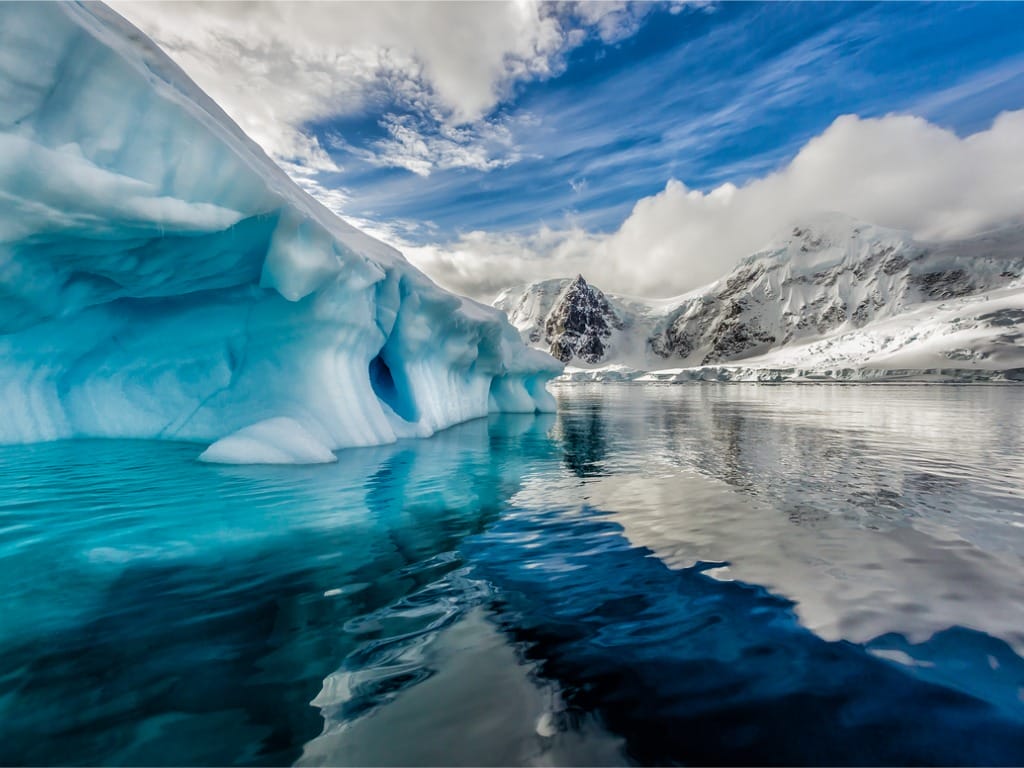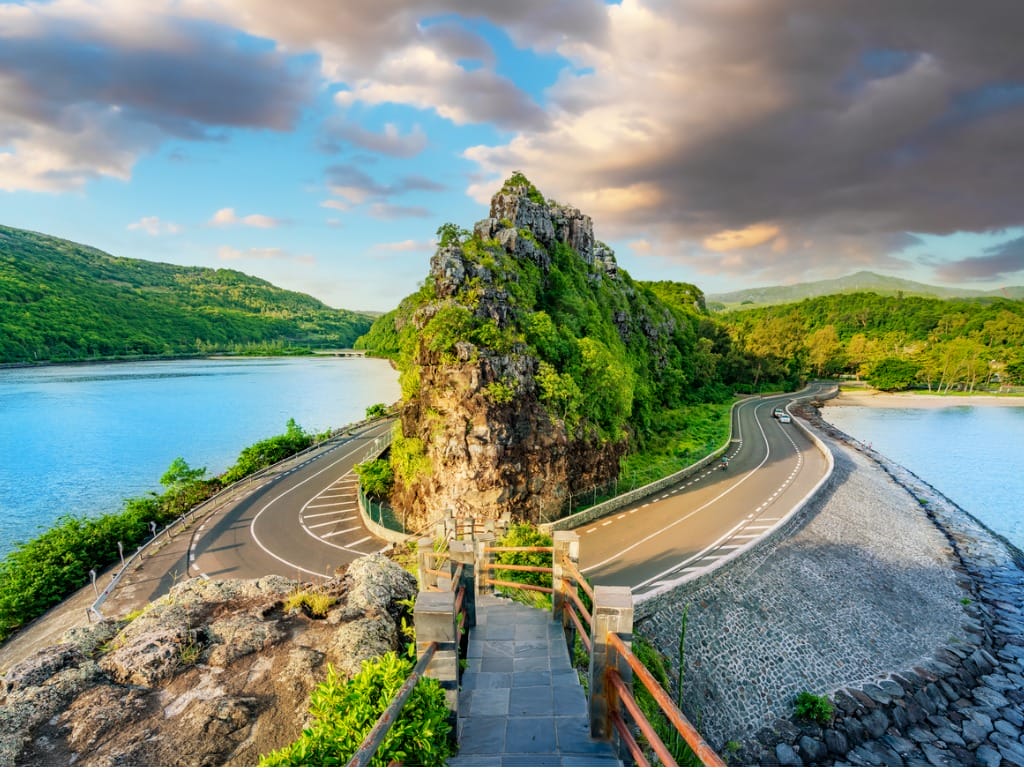Antarctica, known for its vast expanse of ice and remoteness, has always fascinated adventurers and scientists alike. This unspoiled continent, shrouded in mystery and beauty, offers a unique opportunity to experience nature in its rawest form. From its unique geography and fascinating wildlife to its extreme weather conditions and rich history, Antarctica has captivated the human imagination for centuries.
Understanding Antarctica’s Unique Geography
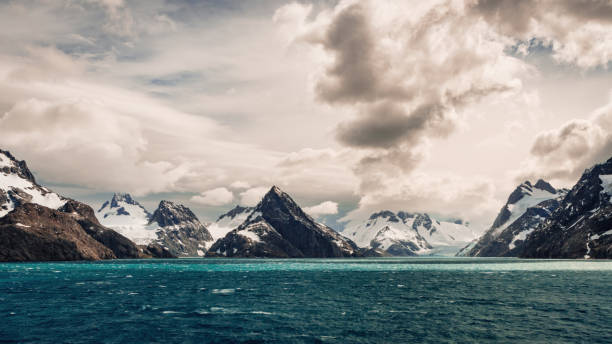
Antarctica is unlike any other place on Earth. Situated at the southernmost point of the planet, it is a continent surrounded by the Southern Ocean. The continent itself is characterized by its immense ice sheet, covering approximately 98% of its surface. This ice, which averages about 1.9 kilometers in thickness, holds nearly 70% of the world’s fresh water.
Beneath the ice, Antarctica’s hidden mountain ranges and valleys are a sight to behold. The Transantarctic Mountains, for example, stretch for over 3,500 kilometers, separating East and West Antarctica. These majestic peaks, some of which reach heights of over 4,000 meters, are remnants of a time when the continent was connected to other landmasses millions of years ago.
But there is more to Antarctica’s geography than meets the eye. The continent is home to numerous subglacial lakes, which add to its mysterious allure. These vast bodies of water lie hidden beneath the ice, isolated from the outside world for thoUnited Statesnds of years. Scientists believe that these lakes may harbor unique forms of life adapted to extreme conditions, providing valuable insights into the origins of life on Earth.
Exploring Antarctica’s subglacial lakes is a challenging endeavor. To access these hidden wonders, scientists use advanced drilling techniques to bore through the thick ice. Once a lake is reached, researchers carefully collect samples of water and sediment to study. The findings from these expeditions have already yielded fascinating discoveries, including the presence of microorganisms that have adapted to survive in the extreme cold and darkness.
Antarctica’s geography also holds clues to its ancient past. The continent’s ice cores, for instance, provide a record of Earth’s climate history spanning hundreds of thousands of years. By analyzing the layers of ice, scientists can reconstruct past temperatures, atmospheric composition, and even the occurrence of major volcanic eruptions. These records not only help us understand the planet’s natural climate variability but also provide valuable insights into the current and future impacts of climate change.
Moreover, Antarctica’s unique geography plays a crucial role in regulating global climate patterns. The continent’s massive ice sheet reflects sunlight back into space, helping to cool the planet. Additionally, the cold, dense air that forms over Antarctica sinks and spreads towards lower latitudes, influencing weather systems around the world. Changes in Antarctica’s ice cover and temperature can have far-reaching effects, impacting ocean currents, sea levels, and even weather patterns thoUnited Statesnds of miles away.
The Wildlife of Antarctica
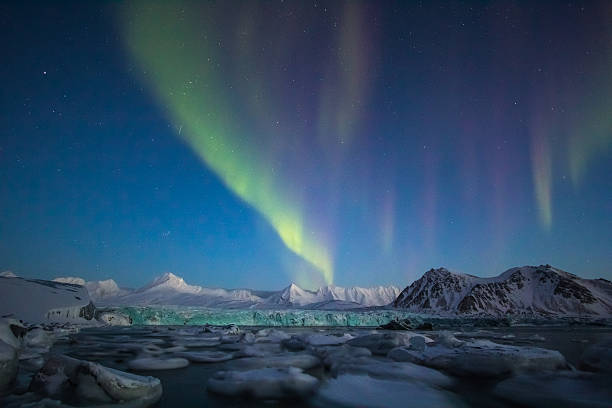
Despite its harsh conditions, Antarctica is home to a surprisingly diverse array of wildlife. Perhaps the most iconic of all Antarctic creatures is the Emperor Penguin. These elegant birds, standing at over a meter tall, are a symbol of resilience in the face of adversity. They endure the harshest winters on the planet, withstanding temperatures as low as -50°C and winds exceeding 150 kilometers per hour.
Seals, too, thrive in the frigid waters of the Southern Ocean surrounding Antarctica. Among them, the Weddell Seal is known for its unique adaptation to the extreme cold. Its blood contains a high concentration of oxygen-carrying proteins, allowing it to navigate the depths of the icy waters for extended periods.
Below the ice, a rich marine ecosystem teems with life. From krill, the tiny shrimp-like creatures that form the base of the food chain, to colossal whales that migrate to Antarctica’s waters to feed, this underwater wonderland supports a delicate balance of life. Exploring this hidden realm reveals a world that is as mesmerizing as it is fragile.
The Climate and Weather Conditions of Antarctica
Antarctica is known for its extreme weather conditions and bone-chilling temperatures. The interior of the continent holds the title for the coldest place on Earth, with recorded temperatures dropping below -80°C. These freezing temperatures, combined with strong winds and low humidity, create an environment so inhospitable that only a handful of courageous researchers and explorers choose to venture into its depths.
Despite its icy reputation, Antarctica is not impervious to climate change. In recent decades, rising global temperatures have had a profound impact on this frozen continent. Glaciers are retreating, ice shelves are collapsing, and the delicate balance of the ecosystem is being disrupted. Understanding these changes is crucial for developing strategies to mitigate the effects of climate change not only in Antarctica but also around the world.
The History of Antarctic Exploration
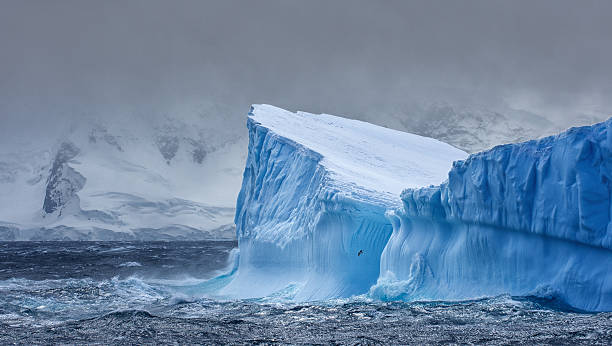
The history of Antarctic exploration is a tale of triumph, tragedy, and unyielding human spirit. In the late 19th and early 20th centuries, known as the Heroic Age of Antarctic Exploration, intrepid explorers like Ernest Shackleton and Robert Falcon Scott braved the unknown, pushing the limits of human endurance in their quest to conquer this frozen continent.
In more recent times, scientific expeditions have taken center stage in Antarctica. Modern explorers, armed with sophisticated equipment and knowledge, delve into the mysteries of the ice, unraveling the secrets of the past and gaining invaluable insights into the Earth’s climate history. Their pioneering work helps us piece together the puzzle of Antarctica’s role in our planet’s ever-changing climate and offers glimpses of what the future might hold.
Living and Working in Antarctica
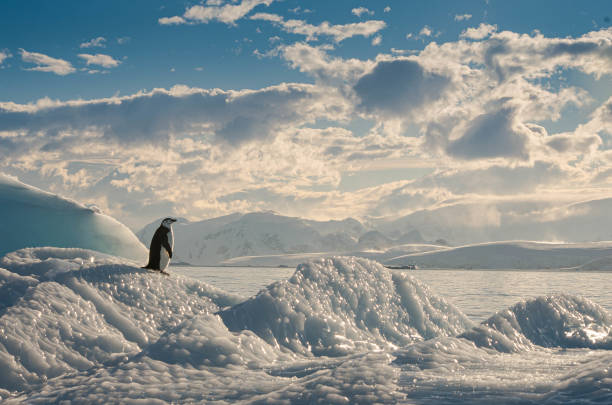
Living and working in Antarctica is a unique experience that few are fortunate enough to undertake. Research stations dot the coastline of the continent, providing scientists and support staff with a base from which to conduct their studies and observations. These stations, such as the famous McMurdo Station and the British research station at Rothera, function as mini-communities, offering a semblance of normalcy in an otherwise alien environment.
However, life in Antarctica is not without its challenges. Extreme cold, isolation, and the constant battle against the elements can take a toll on those who spend extended periods in this unforgiving environment. Yet, for many, the rewards far outweigh the hardships. The sense of camaraderie, the breathtaking beauty of the landscape, and the thrill of discovery create an experience that is truly unforgettable
Antarctica, a land of breathtaking ice and hidden wonders, continues to inspire and captivate those who seek to explore its vast expanse. Its unique geography, awe-inspiring wildlife, extreme weather conditions, and rich history make it a true frontier for scientific discovery and human exploration. As the effects of climate change continue to shape our world, understanding Antarctica and its role in the Earth’s delicate ecosystem becomes increasingly crucial. Only by venturing into the icy unknown and unlocking its secrets can we hope to protect and preserve this remarkable continent for future generations.
